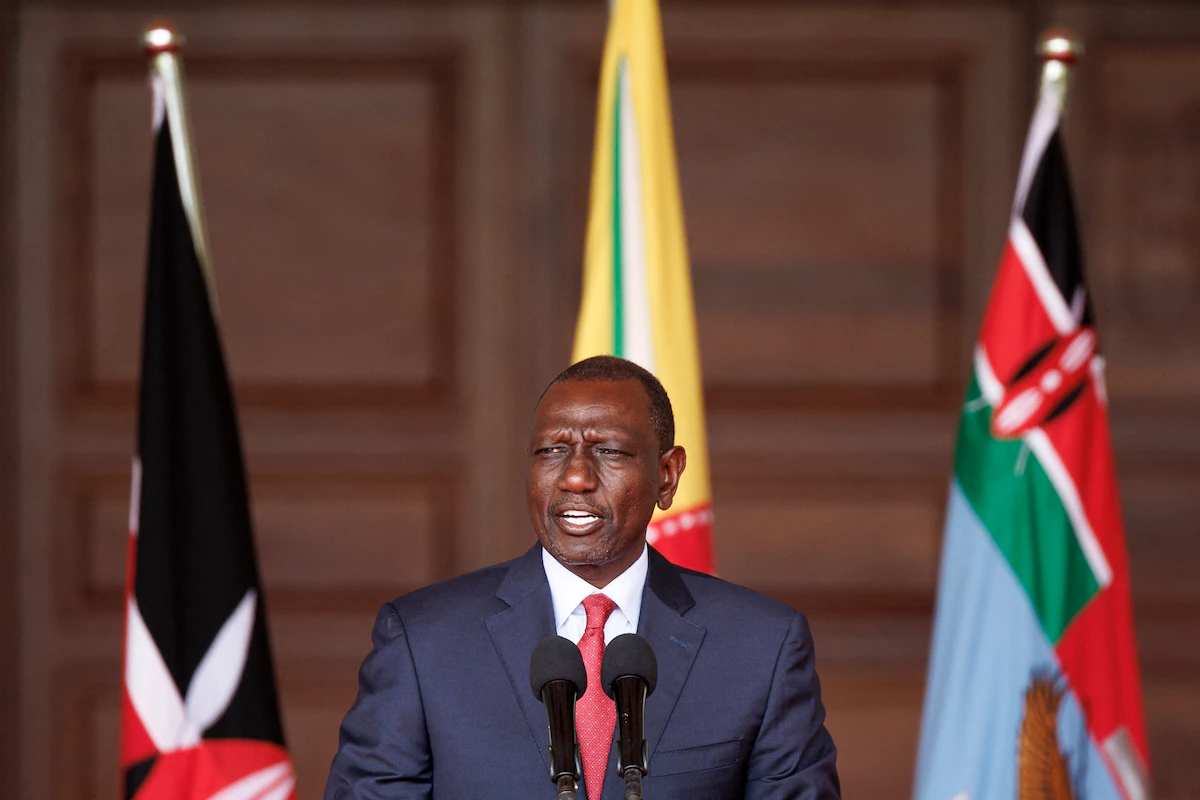Kenyan President William Ruto has dismissed his entire cabinet, with the exception of the foreign minister, in response to widespread protests that have marked the most significant crisis of his two-year presidency.
The protests, initially peaceful, erupted into violence over planned tax increases, resulting in at least 39 deaths in clashes with police last month. Some demonstrators even briefly entered the parliament before Ruto decided to abandon the proposed tax hikes.
In a televised address to the nation, Ruto stated, “I will immediately engage in extensive consultations across different sectors and political formations, as well as with other Kenyans, both publicly and privately, to establish a broad-based government.”
He also mentioned that he would be announcing additional measures in due course. Despite the cabinet reshuffle, the office of the deputy president remains unchanged, though the attorney general was also dismissed.
Veteran anti-corruption activist John Githongo commented on the cabinet changes, stating that it was what Kenyans had demanded.

“Let us see what happens now if the new ministers address significant issues related to corruption, as well as the arrogance and excess of his administration, especially given the number of Kenyans who died during the demonstrations,” he said.
“Hopefully, this should provide some temporary relief.”
Ruto faces a challenging balancing act between meeting the demands of lenders like the International Monetary Fund (IMF), who are pressuring him to reduce deficits, and addressing the concerns of a population struggling with the rising cost of living.
Last week, Ruto proposed both spending cuts and additional borrowing to address the nearly $2.7 billion (£2.1 billion) budget deficit resulting from the withdrawal of the tax increases.
Analysts have indicated that the reversal of the tax increases could result in Kenya missing IMF targets, although the government currently has no impending debt repayments. The budget deficit is anticipated to be 4.6% of gross domestic product for the fiscal year beginning 1 July.
Ojango Omondi, a community activist with the Social Justice Centres Working Group in Nairobi, described the dismissal of so many cabinet ministers as a “move towards justice.”
However, he noted that protesters would be keen to see who would be appointed as their replacements. “It’s one thing to make dismissals; the next step is ensuring that the new cabinet members are accountable to the constitution and the rule of law,” he said.


